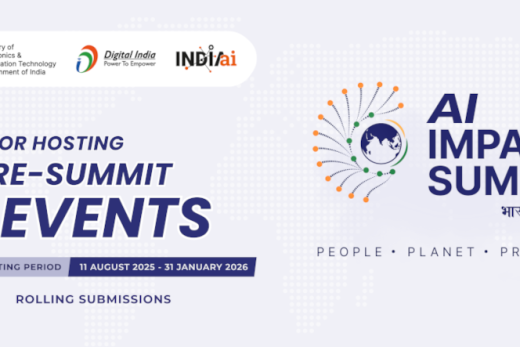There are 476 million Indigenous people around the world and spread across more than 90 countries. They belong to more than 5,000 different Indigenous peoples and speak more than 4,000 languages. Indigenous people represent about 5% of the world’s population. The vast majority of them – 70% – live in Asia.
Although they have different customs and cultures, they face the same harsh realities: eviction from their ancestral lands, being denied the opportunity to express their culture, physical attacks and treatment as second-class citizens.
Indigenous peoples are often marginalized and face discrimination in countries’ legal systems, leaving them even more vulnerable to violence and abuse. Indigenous human rights defenders who speak out face intimidation and violence, often supported by the state. In addition, individuals may be physically attacked and killed just for belonging to an Indigenous people.
Peaceful efforts by Indigenous Peoples to maintain their cultural identity or exercise control over their traditional lands, which are often rich in resources and biodiversity, have led to accusations of treason or terrorism.
Discrimination is the reason why Indigenous peoples make up 15% of the world’s extreme poor. Globally, they also suffer higher rates of landlessness, malnutrition and internal displacement than other groups.
Amnesty International has worked to defend the rights of Indigenous peoples in all regions of the world and demands that states apply and develop urgently needed laws to protect their lands, cultures and livelihoods.
Source: AMNESTY INTERNATIONAL





